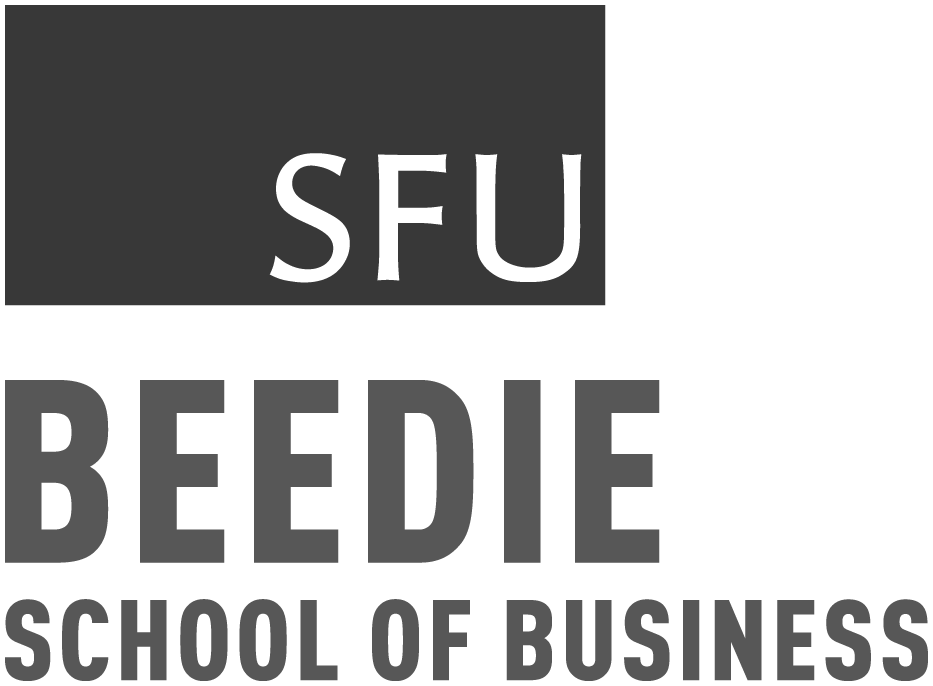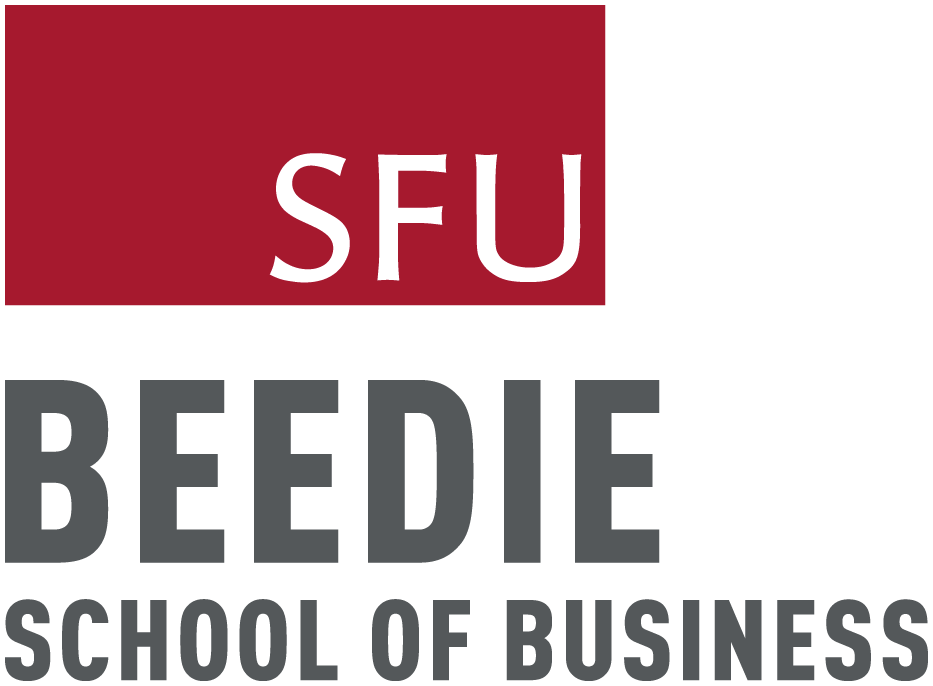When we consider all the benefits that a mentoring relationship can generate, we usually think about the great practical career benefits. However, mentees and mentors alike take away something more. New research at UCLA’s Semel Institute for Neuroscience and Human Behavior uncovers how social connection is “as basic as our need for food, water, and shelter”*, which may explain why mentoring relationships generate long term impact.
“Being socially connected is our brain’s lifelong passion,” says professor Matthew Lieberman, and author of Social: Why Our Brains Are Wired to Connect, which may be why emotional fulfillment is often a powerful outcome of a mentoring partnership. This certainly was the case for IABC members Kate Hildebrandt and Leslie Stempfle.
Kate, a chapter member, writer and communicator in Victoria, BC, recounts her unique mentoring experience and encourages others to get involved.
I had the pleasure of mentoring a communications student at Royal Roads University (RRU) this past year. What a great experience. The program was organized through the IABC – BC chapter and I highly recommend it to anyone wanting to refresh their commitment to the communications profession. Mentoring can breathe new life into your perspective and your knowledge base as much as it can provide invaluable guidance for your mentee.
At least that was my experience.
I first met with my willing student, Leslie Stempfle, over coffee one afternoon last fall. We talked about her background, what she hoped to get from her studies at RRU, and what she might need from me. I could tell she was a real go-getter and felt challenged to make my input worth her while.
Leslie is in her early 30s and I’m in my late 50s. For all my knowledge and experience, she taught me the power of social media marketing that was a missing link in my portfolio. Having worked for Lululemon Athletics in assorted roles, including opening stores in Edmonton and Banff and engaging various audiences through social media, Leslie had mastered these tools in ways I had yet to experience in my work life.
Then, the further Leslie became engrossed in her studies, the more she reached out to me. She needed help wrangling project briefs and communications plans. And she also needed a second set of eyes with her writing, proofing and self-editing. It was a good feeling to be able to provide legitimate support, especially when she was in that pressure-cooker phase of writing exams and submitting final projects.
When I attended Leslie’s year-end event where she and her fellow students presented multi-media campaigns on advocacy issues front and centre in our world today, I felt like a proud parent. I was hugely impressed by the quality of the presentations, the production values, the creativity, and the thorough, team-based presentation skills of all the students. Leslie and her team did a terrific job.
And if it weren’t for Leslie’s referral and introductions, I wouldn’t have had the chance to talk with the BA Communications Faculty Head, Virginia McKendry, about leading an editing/proofing workshop later that year with her new batch of communications students at RRU. That was a totally unexpected silver lining.
Leslie has since moved back to Calgary, and is now Communications Coordinator for Source Energy Services. We still keep in touch and support one another in a professional capacity just as we did through the mentorship program. And we’ve become good friends. I envy this employer who had the smarts to snap her up. She truly knows communications and PR, is a pleasure to work with, and now she’s my colleague I would not likely have befriended any other way.
That’s why I love mentoring. I am grateful to my IABC chapter for creating this opportunity.
IABC/BC offers both Mentoring and Junior Mentoring Programs each year starting in the late fall / early winter. Learn more about mentorship at IABC/BC and watch for updates via email and the chapter’s various social media channels.
* UCLA neuroscientist’s book explains why social connection is as important as food and shelter, By Stuart Wolpert October 10, 2013, http://newsroom.ucla.edu/portal/ucla/we-are-hard-wired-to-be-social-248746.aspx












